Young musicians are praising the Alberta Gaming and Liquor Commission, which announced Friday that underage performers will now be allowed to play in bars and lounges throughout the province.
“I’ve been fighting for this since I was nine years old,” said Olivia Rose Leaf, a 17-year-old Alberta musician, adding that the change will mean a lot to the young performers she knows.
The previous policy, which prohibited underage performers from playing in bars and lounges had been in place since March 2007, when it was instituted out of a concern for public safety. But a consultation with musicians, venue owners, and promoters, led by MLA David Shepherd and Thom Bennett of the Edmonton Live Music Initiative, prompted the Alberta Gaming and Liquor Commission (ALGC) to reconsider.
According to Bill Robinson, president of the AGLC, the change is the result of changing attitudes in the industry. He also suggested that the training of staff has improved the overall safety in bars, making the policy shift possible.
The change is not a complete reversal. Bars and lounges will be required to request approval from the AGLC to permit minors to enter their premises as entertainers, and the approval process is expected to take up to a few days.
Still, the response from the music community and government has been positive—the prevailing view is that underage artists should be allowed to perform at the same venues as everyone else. Musicians, especially young and emerging artists, will benefit from the opportunity to begin building their live audience earlier in their careers.
“This is a great step forward for our music scene, for young performers, and for our province as a whole,” said Shepherd, who is a musician himself. “It makes areas like Edmonton’s downtown a much more attractive place to visit and to live.”


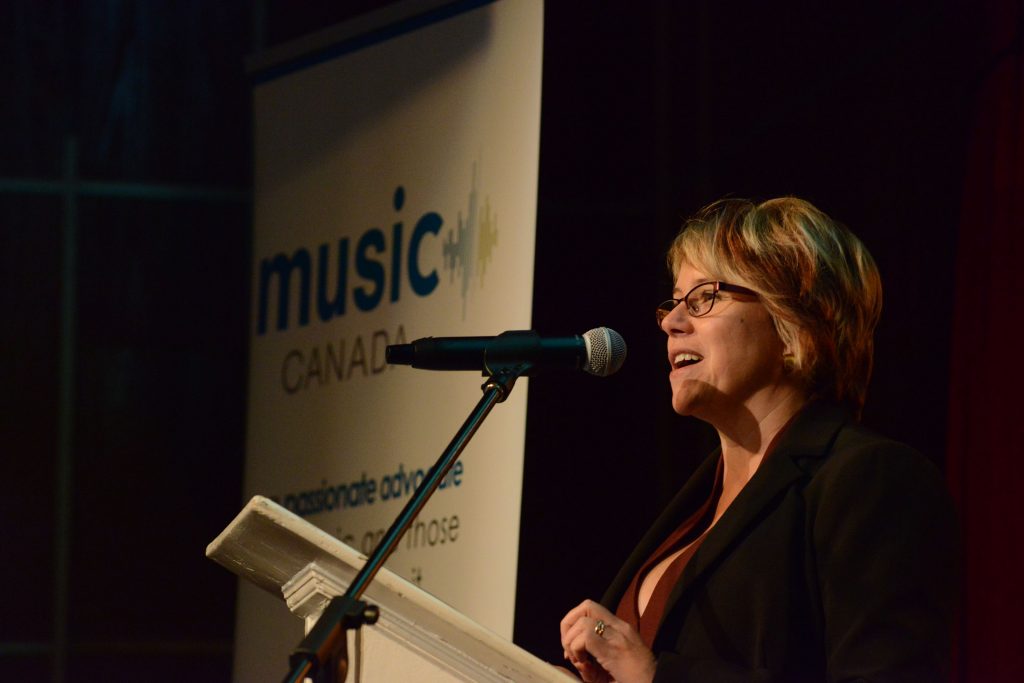



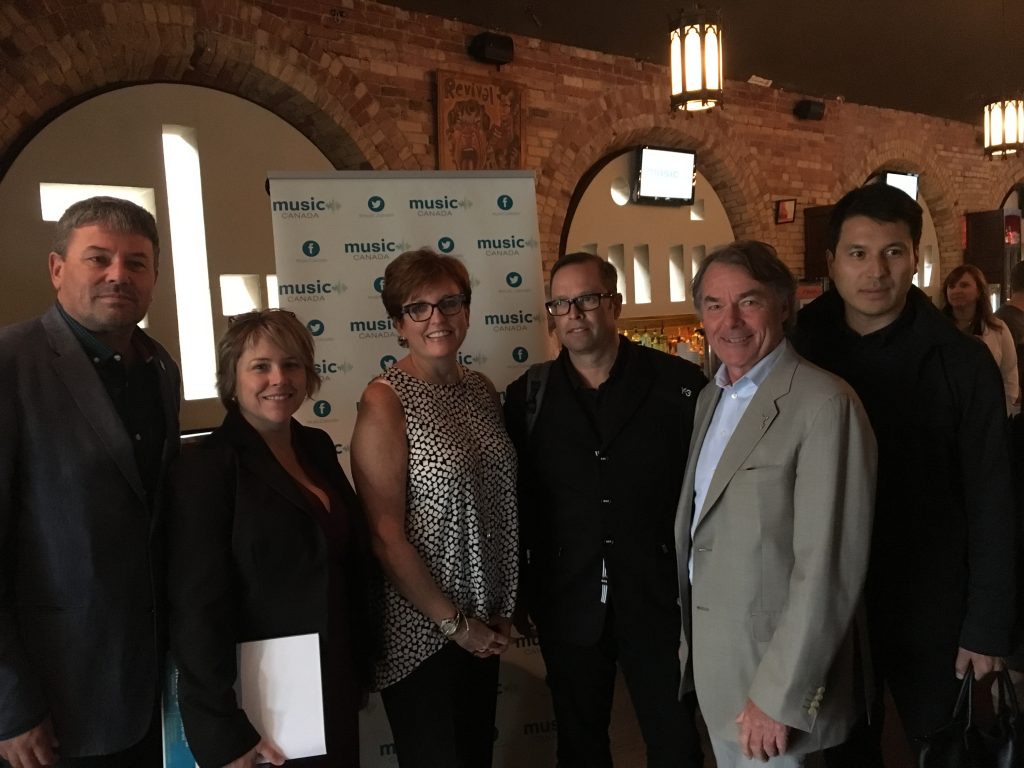
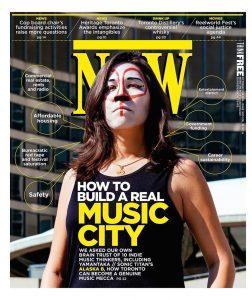

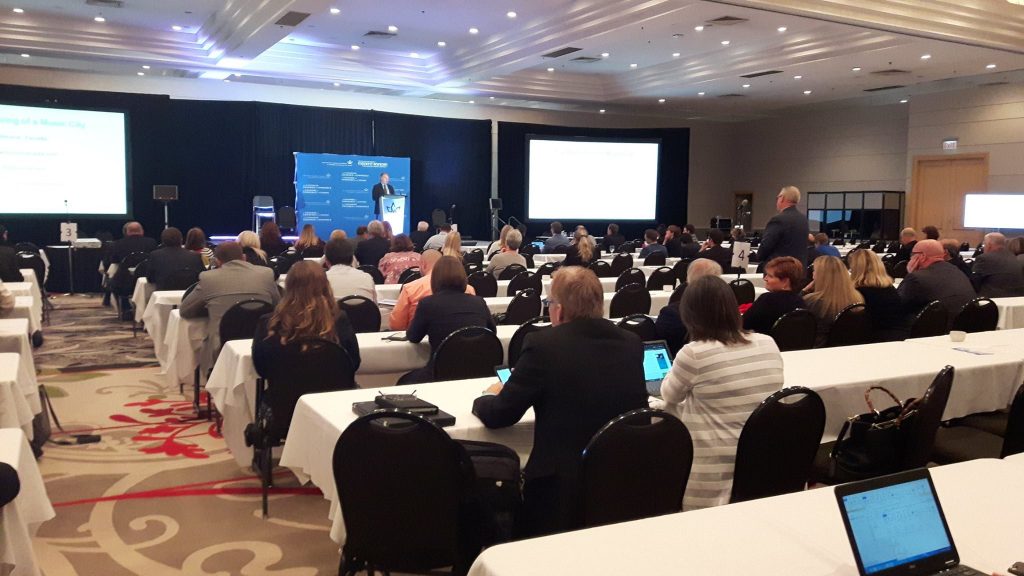
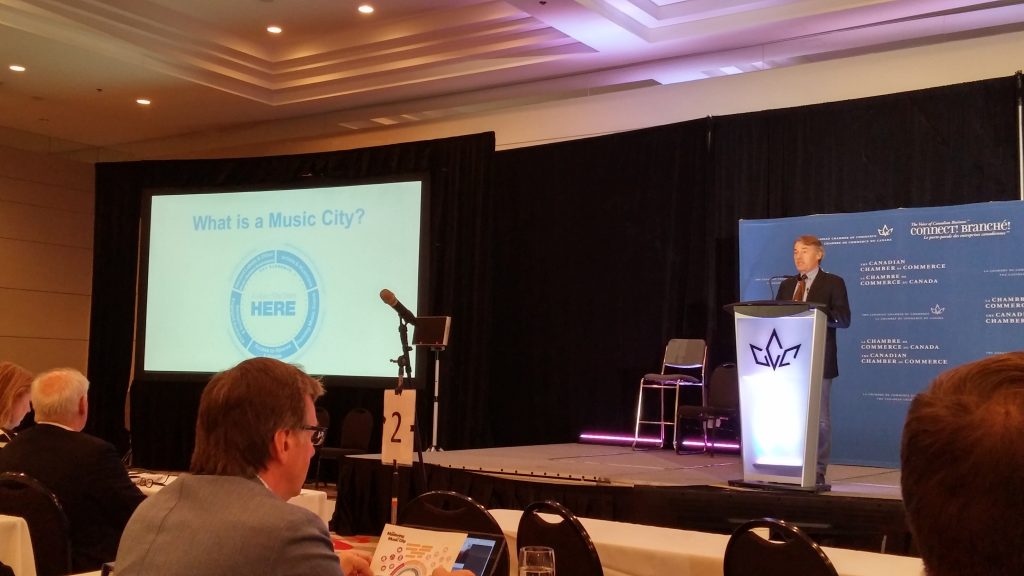

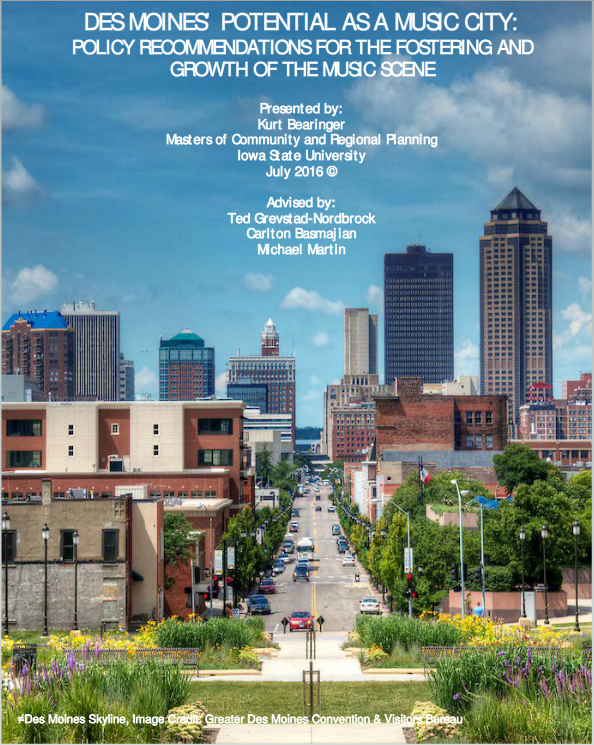
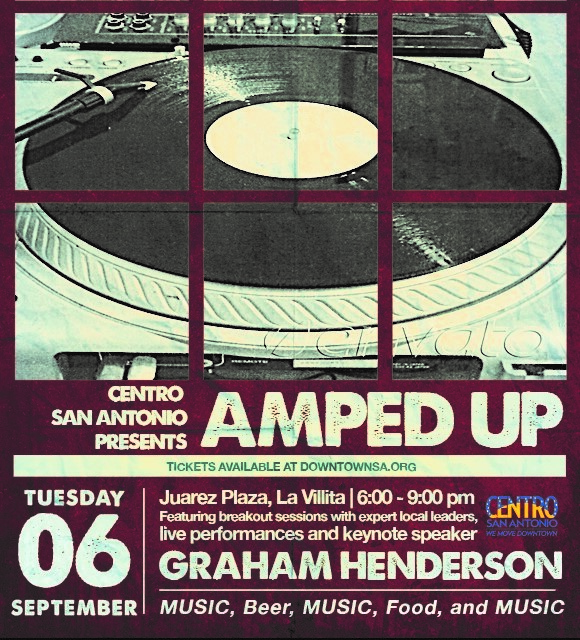
Music Canada